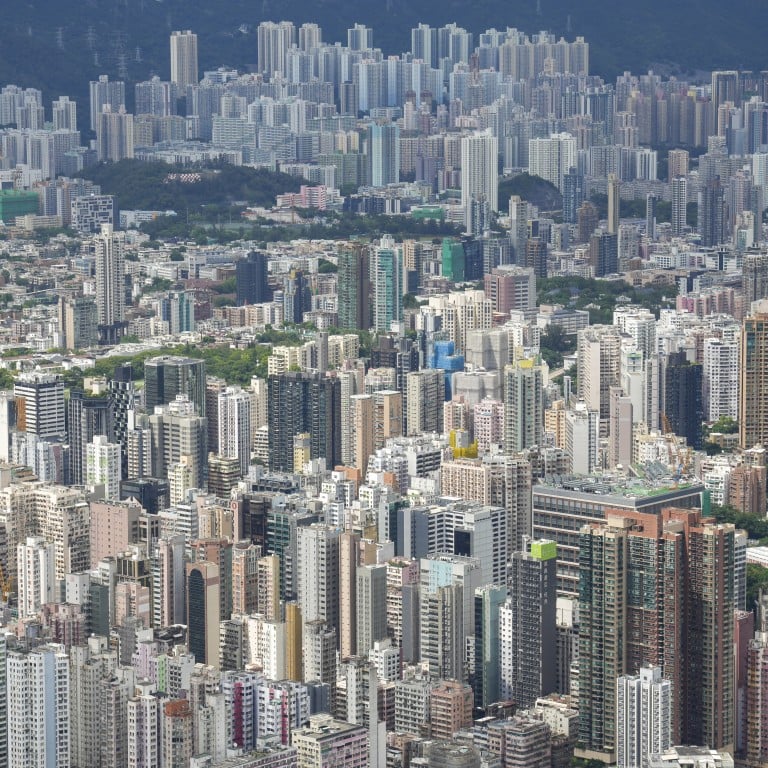
Hong Kong home prices at lowest level since 2017 as high interest rates deter buyers, weigh on transactions
- Hong Kong’s widely watched lived-in home price index fell to 332.1 in September, wiping out the gains made so far this year
- Secondary market transactions fell to 2,088 in September, the lowest so far this year, according to Midland Realty
The widely tracked index compiled by the Rating and Valuation Department slipped to 332.1 last month, erasing this year’s gains. The gauge’s plunge in September was also the deepest of the year.
The index has lost 16.58 per cent from its peak of 398.1 in September 2021.
Last month, 2,088 second-hand units changed hands, the lowest monthly total this year, according to data compiled by Midland Realty. Some 1,530 lived-in homes have been sold this month as of Wednesday.
“It’s [price decline] in line with our expectations,” said Rosanna Tang, executive director and head of research for Hong Kong at Cushman and Wakefield. “We forecast residential prices to fall in a range of 0 to 5 per cent year on year for 2023.”
This is mainly because of the impact of rising interest rates and the recent downtrend in the stock market, which has prompted potential buyers to adopt a cautious approach and stay on the sidelines, she added.
Will rolling back stamp duties put Hong Kong’s property market back on track?
“In November and December, property prices will have little chance of rebounding, and are expected to fluctuate within a narrow range of about 0.5 per cent,” said Derek Chan, head of research at Ricacorp Properties, noting that the government’s initiative to relax some property cooling measures was insufficient to bolster the property market.
“The decline in property prices in the fourth quarter will only narrow to about 1.5 per cent to 2 per cent, and chances are property prices will fall by 2 per cent to 3 per cent for the year,” he added.
On Wednesday, the Hong Kong government relaxed a few property curbs for the first time in a decade.
Hong Kong’s Centaline in hot water over wily bet on property rules relaxation
In his policy address, Chief Executive John Lee Ka-chiu announced that buyers’ stamp duty would be halved to 7.5 per cent from 15 per cent for non-permanent residents and residents buying a second or additional home.
The special stamp duty of 10 per cent was also waived for homeowners who resell their property after two years, from the previous three-year requirement.
Eligible overseas talent are also not required to pay stamp duty on property purchases unless they fail to become permanent residents.
Cathie Chung, senior director of research at JLL, said transaction volumes are likely to increase after the easing of cooling measures, while home price will continue to decline but at a slower pace in October.
There will not be any sharp and immediate recovery in property prices despite the easing measures, Cushman’s Tang said.
“Nevertheless, in the long run, the adjustments and relaxation of stamp duty measures will contribute to restoring stability in the property market.”

